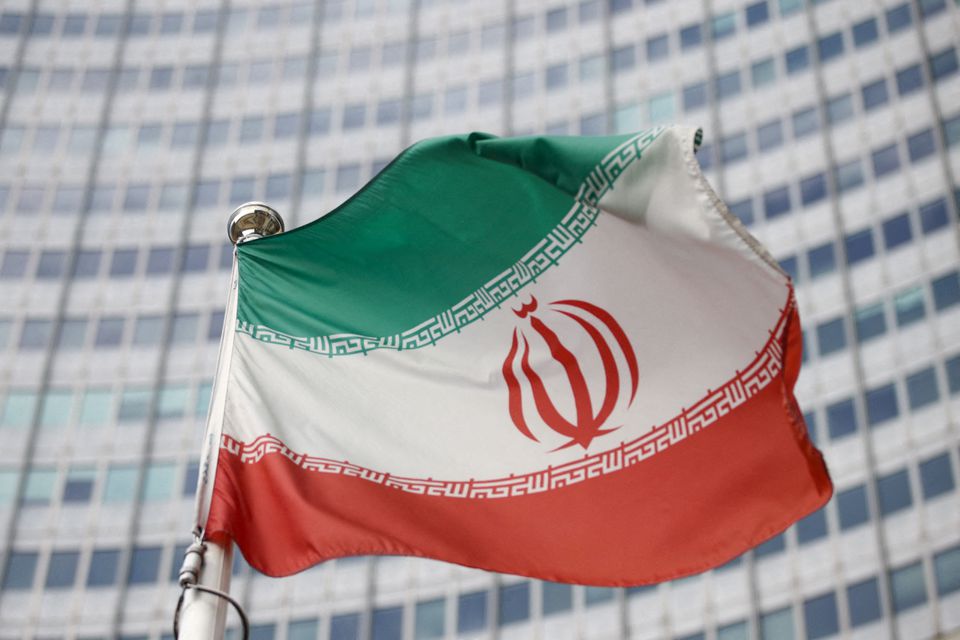It is unfortunate that a crucial and highly sensitive issue such as the restoration of Iran’s tattered nuclear deal with world powers has become a casualty of the ongoing confrontation between the USA and the European Union on the one hand and Russia on the other following the latter’s invasion of Ukraine. It reflects intransigence and obstinacy on the part of both sides and a refusal to recognise the gravity of the situation as delay in reviving the deal would only encourage Iran to get closer to making a N-bomb. Negotiations for restarting the deal after the US under former President Donald Trump had unilaterally opted out in 2018 were put on ‘pause’ late last week after Russia demanded relief from sanctions targeting Moscow’s economic engagements with Tehran over its war against Ukraine. Diplomats declined to set any timetable for resuming the talks that were to be held in Vienna. What is sad is that the negotiators, immediately before putting the discussion on hold, maintained that a roadmap was almost ready for the USA’s rejoining of the accord and Iran limiting its rapidly advancing nuclear programme.
European Union’s foreign policy chief Josep Borrell did not spell out the reason for the pause, but merely referred to “external factors” forcing it. Last week, Russian Foreign Minister Sergey Lavrov gave broad hints about the position that Russia would take on the issue. He said he wanted “guarantees at least at the level of the secretary of state” that the US sanctions would not affect Moscow’s relationship with Tehran. While American officials sought to explain away that the demand had nothing to do with the Vienna talks, Borrell left no one in doubt about the cause for the postponement when he said the “pause is needed due to external factors.” He, however, assured all the stakeholders that he and his team would continue to be in touch with all Joint Comprehensive Plan of Action (JCPOA) participants and the USA to overcome the current situation and make the agreement become a reality. The JCPOA is the formal name of the 2015 deal that saw Iran limit its uranium enrichment in exchange for lifting of economic sanctions.
Iranian Foreign Ministry spokesperson Saeed Khatibzadeh tried to gloss over the development and asserted no external factor would “affect our joint will to go forward for a collective agreement.” At the same time, Iran has been extra cautious about not incurring the displeasure of Moscow as it views Russia as an ally against the US. However, Iran is desperate to see the deal back into operation and does not want Russia’s invasion of Ukraine to scupper or delay it. It used the state-run IRNA news agency to explain its position that there are some “issues between Russia and the United States,” which, it hopes, would be “unrelated to the issue of Iran’s talks.”
Chinese Ambassador Wang Qun was more forthcoming and he did not mince words when he “regretted” the pause and said negotiation cannot be conducted in “a political vacuum.” The USA, on the other hand, appears to have got an opportunity in the Iran nuke deal to further arm twist Russia into stopping its shelling of Ukraine and sit for a negotiated settlement. For this reason it is not showing any hurry to clinch the deal. US State Department spokesman Ned Price made the Biden administration’s intentions clear when he insisted that though negotiators are still working to sort out “a number of difficult issues,” America had no intention of offering Russia anything new or specific as “it relates to the Ukraine sanctions.”
The USA has left the ball in the court of Russia and Iran and expects the two countries to show the political will and seriousness of purpose if the latter really want it to rejoin the deal. In other words, it is a tactic to force Iran to use its leverage with Russia to persuade President Putin to stop his adventure in Ukraine so that the all-important nuke deal can be saved.
However, British negotiator Stephanie Al-Qaq put the position in a blunt manner by asserting that the external factors must be resolved in the next few days or else the agreement may run into rough weather. The 2015 nuclear deal saw Iran put advanced centrifuges into storage under the watch of the International Atomic Energy Agency, while keeping its enrichment at 3.67 per cent purity and its stockpile at only 300 kilograms (661 pounds) of uranium. It also halted enrichment at its underground Fordo nuclear facility. As of February 19, the IAEA says Iran’s stockpile of all enriched uranium was nearly 3,200 kilograms (7,055 pounds). Some has been enriched up to 60 per cent purity which is a short technical step from weapons-grade levels of 90 per cent. Meanwhile, Iran has stopped the IAEA from accessing its surveillance camera footage and has resumed enrichment at Fordo.
This is the stark reality. It will be unwise for both Russia and the USA to use the Iran nuke deal to settle scores with each other over the Ukraine issue after the NATO membership offer to the latter was used only to leave Ukrainians to be slaughtered and their infrastructure shattered by invading Russian troops.
